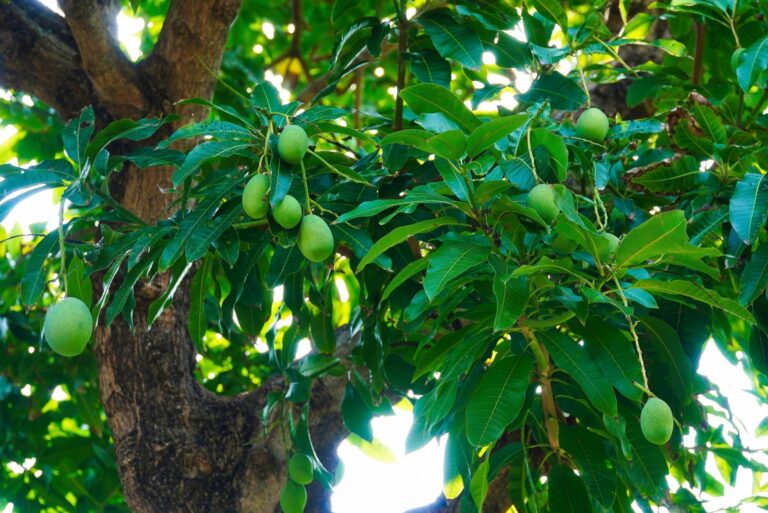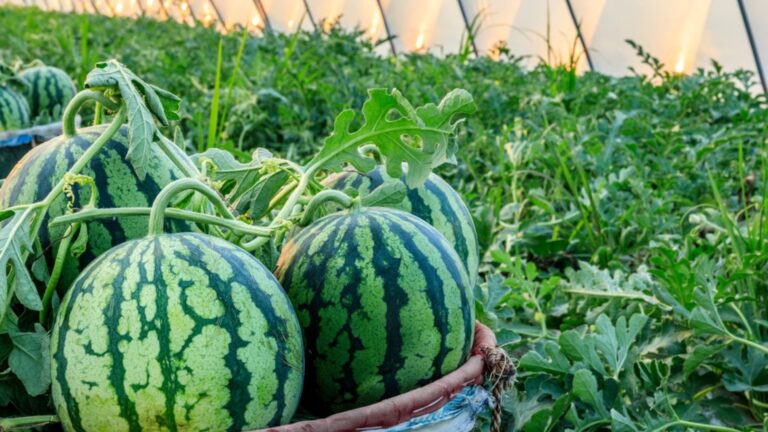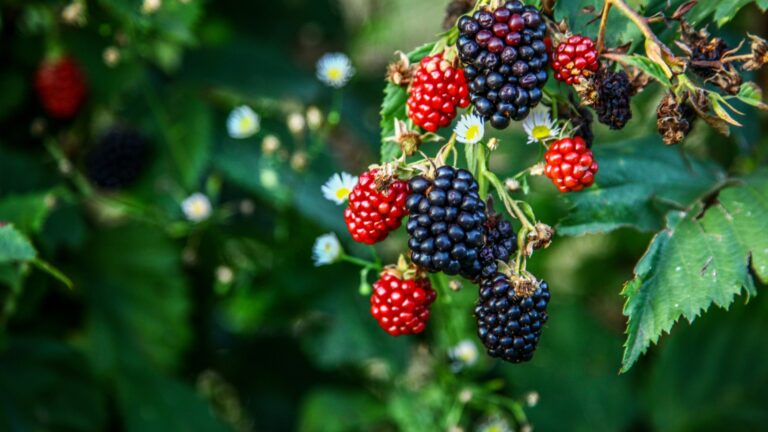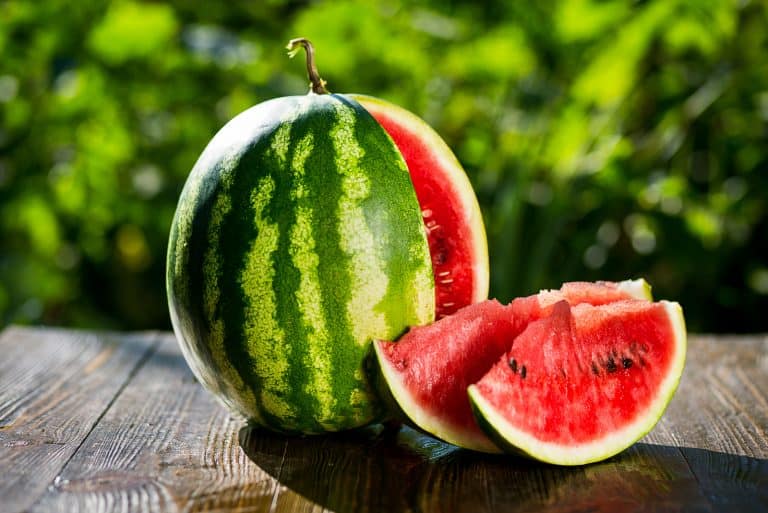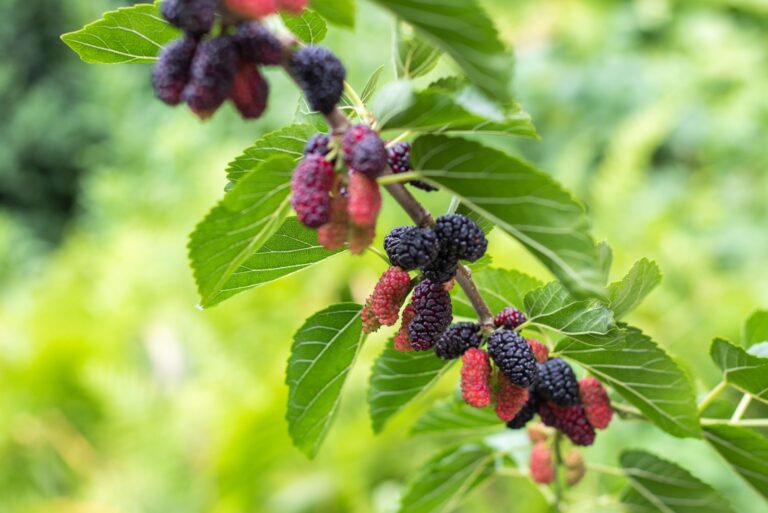10 Easy Fruits To Grow From Seed In Tennessee In Early Fall
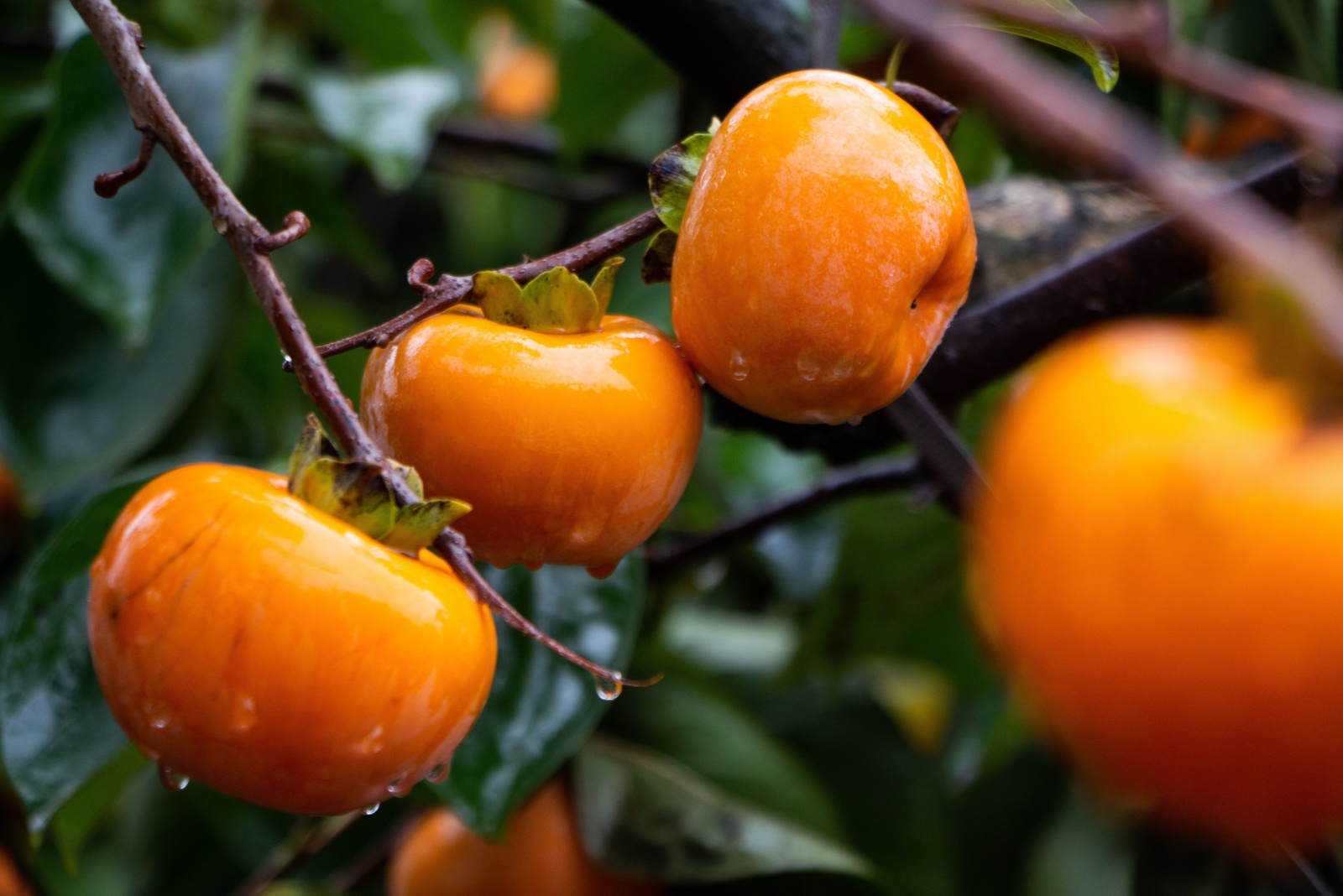
Growing your own fruits from seeds is a rewarding hobby that can save money and provide fresh produce right from your backyard. Tennessee’s mild early fall climate creates perfect conditions for starting certain fruit seeds before winter sets in.
Grab some seeds and get your hands dirty with these beginner-friendly fruits that thrive when planted in Tennessee’s early autumn soil.
1. Pawpaw – America’s Forgotten Fruit
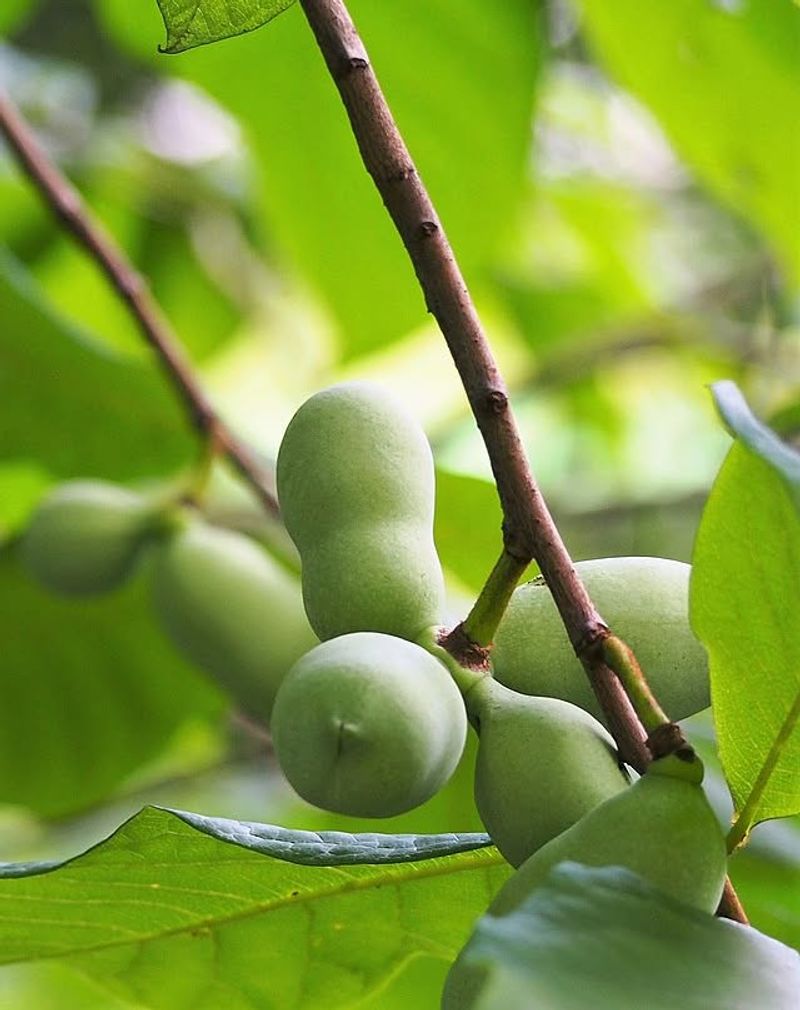
Native to Tennessee, pawpaw seeds need cold stratification to germinate properly. Collect seeds from ripe fruits and plant them immediately in well-draining soil about an inch deep.
Keep the soil consistently moist through fall. The seeds will remain dormant until spring, when Tennessee’s warming temperatures trigger germination. Young seedlings appreciate some shade for their first two years.
Pawpaws produce custard-like fruit with tropical flavors resembling banana and mango – a true Southern delight!
2. Persimmons – Sweet Patience
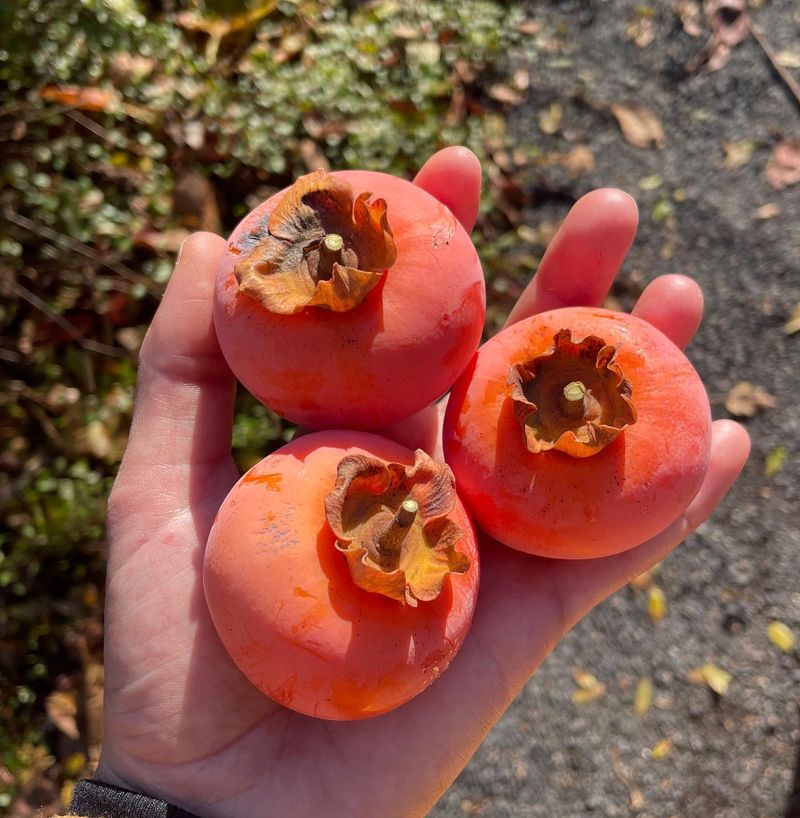
Tennessee’s native persimmon trees grow beautifully from seed when planted in early fall. Harvest seeds from fully ripe, soft persimmons, clean off all pulp, and plant immediately half an inch deep in individual pots.
The seeds naturally stratify during winter months, preparing to sprout in spring. No need for special treatments! Place pots in a protected outdoor area like a cold frame.
Young persimmon trees grown from seed take 5-7 years to bear fruit, but their sweet rewards and beautiful fall foliage make them worth the wait.
3. Alpine Strawberries – Tiny Treasures
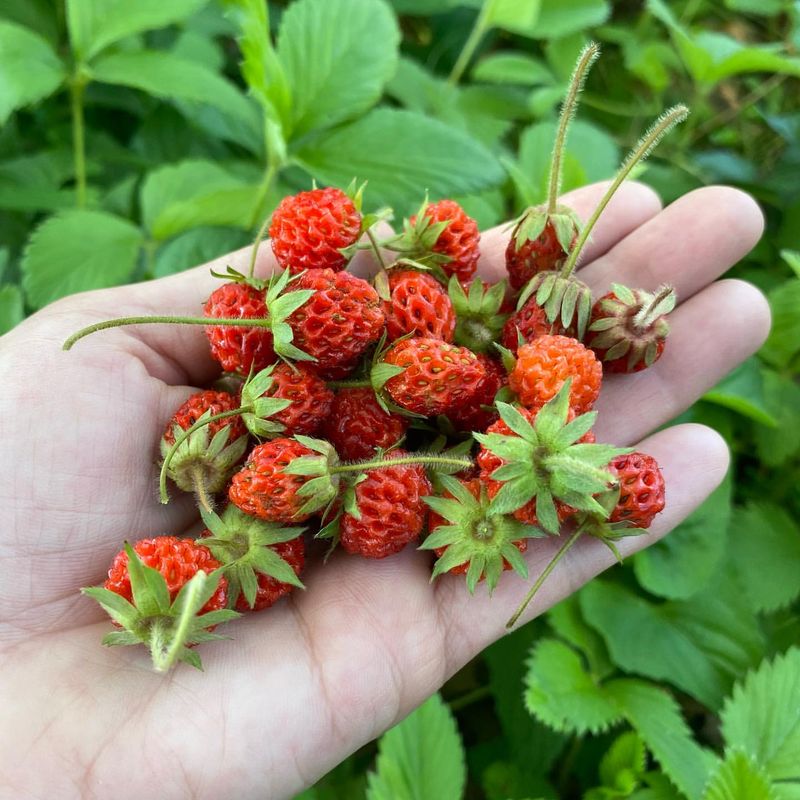
Unlike their hybrid cousins, alpine strawberries grow true from seed and thrive when started in early Tennessee fall. Sprinkle the tiny seeds on moist soil surface without covering them – they need light to germinate.
A cold frame or unheated greenhouse provides ideal protection through winter. The seeds naturally stratify during winter’s chill and sprout early next spring.
Though smaller than commercial varieties, these aromatic berries pack intense flavor that store-bought can’t match. The plants produce continuously from late spring through fall!
4. Muscadines – Southern Grape Tradition
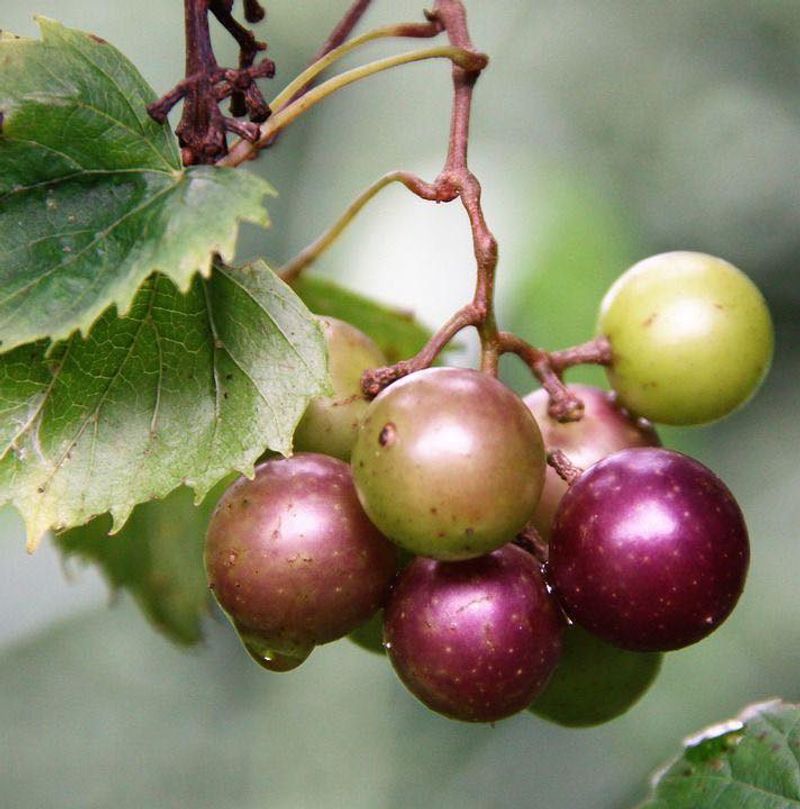
Muscadines have nourished Tennesseans for generations. Extract seeds from ripe muscadines in September, rinse thoroughly, and plant immediately in small pots with well-draining soil about half-inch deep.
Place pots outdoors in a protected spot like against a south-facing wall. The seeds experience natural stratification during winter months and typically germinate in spring.
Wild muscadine seedlings produce fruit with varying flavors and sweetness – each one a unique surprise! These native grapes thrive in Tennessee’s hot summers and resist many diseases that trouble other grape varieties.
5. Mulberries – Carefree Abundance
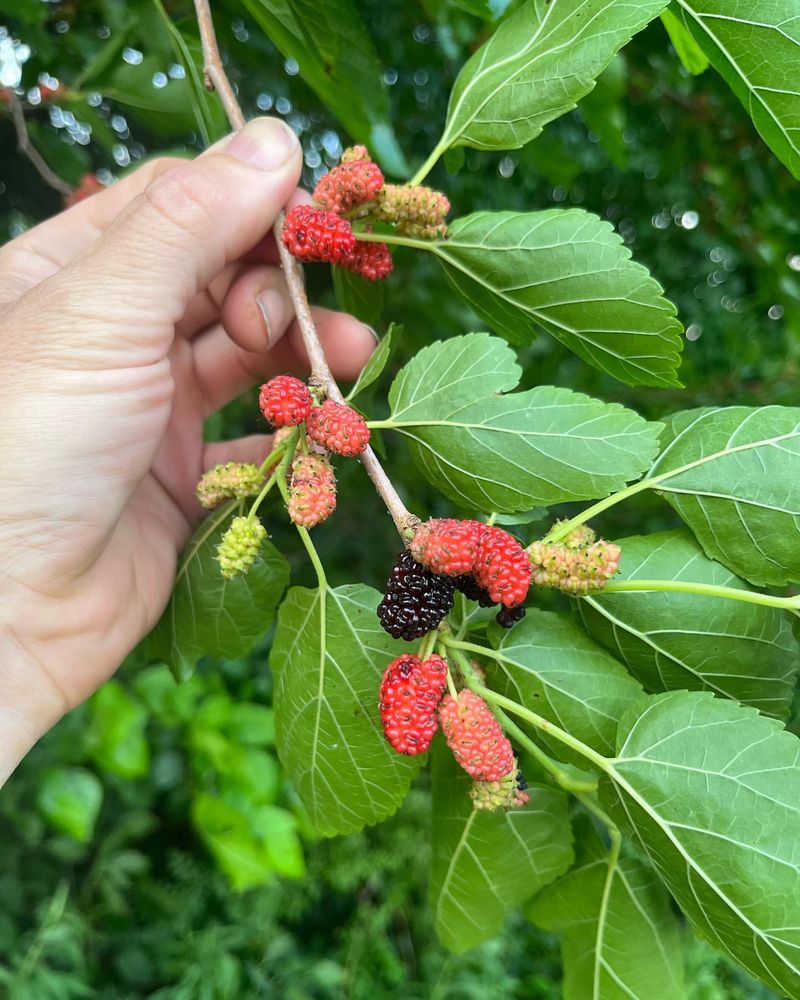
Mulberry seeds collected in late summer can be planted right away in early Tennessee fall. Soak fresh seeds overnight before planting a quarter-inch deep in small containers with rich potting mix.
Keep soil consistently moist but not soggy. Place containers outdoors where they’ll receive natural winter cold but protection from harsh elements.
Mulberry seedlings grow rapidly once spring arrives! These ultra-hardy trees produce buckets of sweet-tart berries that Tennessee birds love – plant where dropping fruits won’t stain sidewalks or patios.
6. Serviceberry – Four-Season Beauty
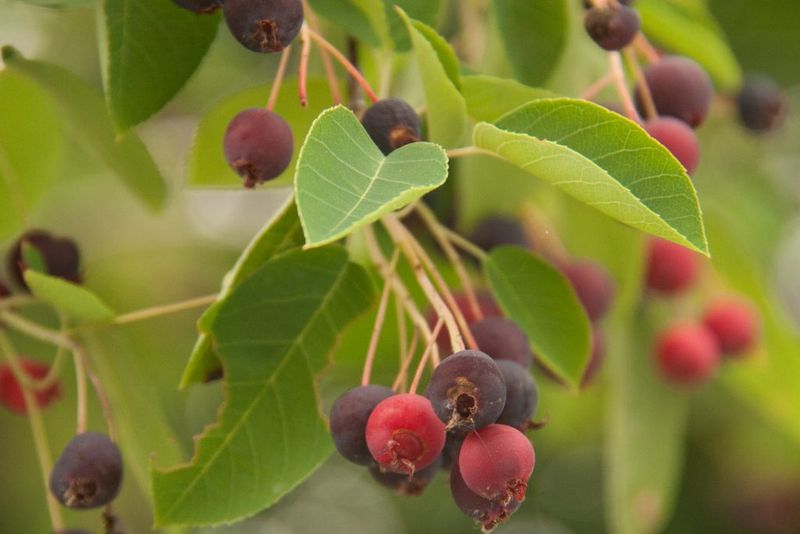
Fall is perfect for starting serviceberry seeds in Tennessee. Collect berries when fully ripe in summer, extract seeds, and refrigerate in damp sand until early fall planting.
Sow seeds half-inch deep in woodland soil mix. Place pots outdoors in a sheltered location where they’ll receive winter precipitation and cold exposure.
Serviceberry seedlings emerge in spring, growing into stunning trees with white spring flowers, summer berries, brilliant fall color, and attractive winter bark. Native wildlife adores the sweet blueberry-like fruits that ripen in early summer.
7. Elderberry – Immune-Boosting Wonder
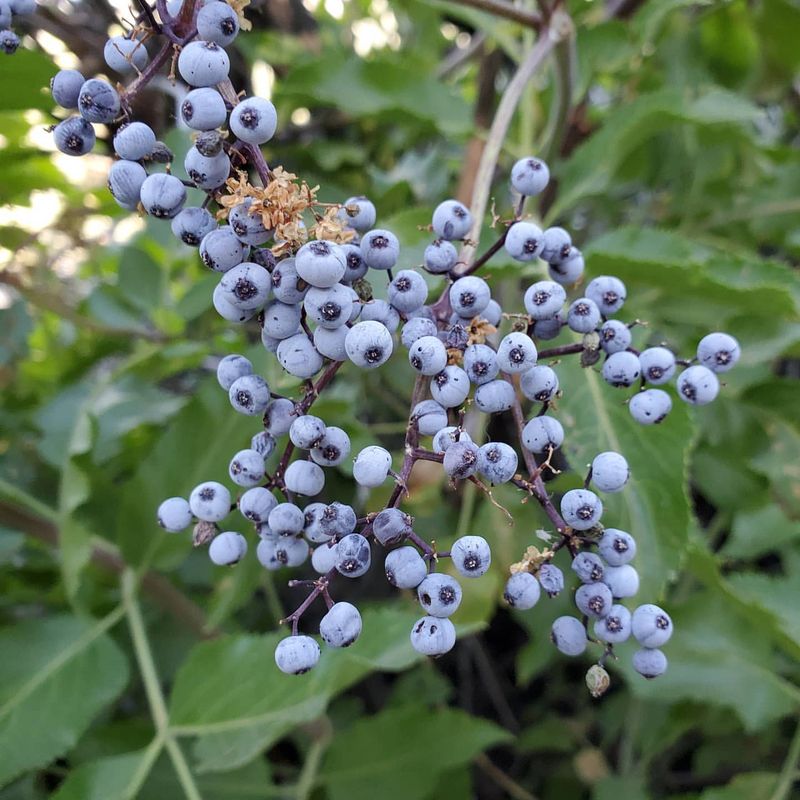
Elderberry seeds need fall planting in Tennessee to break their natural dormancy. Remove seeds from ripe berries, rinse thoroughly, and plant immediately in containers with well-draining soil about quarter-inch deep.
Place containers outdoors where they’ll experience natural winter conditions but have protection from extreme weather. By spring, seedlings emerge ready to grow rapidly.
Elderberry seedlings produce small shrubs that yield medicinal berries within 2-3 years. The dark purple fruits make wonderful jams, syrups, and traditional cold remedies that Tennessee grandmothers have sworn by for generations.
8. Blackberries – Wild Child Berries
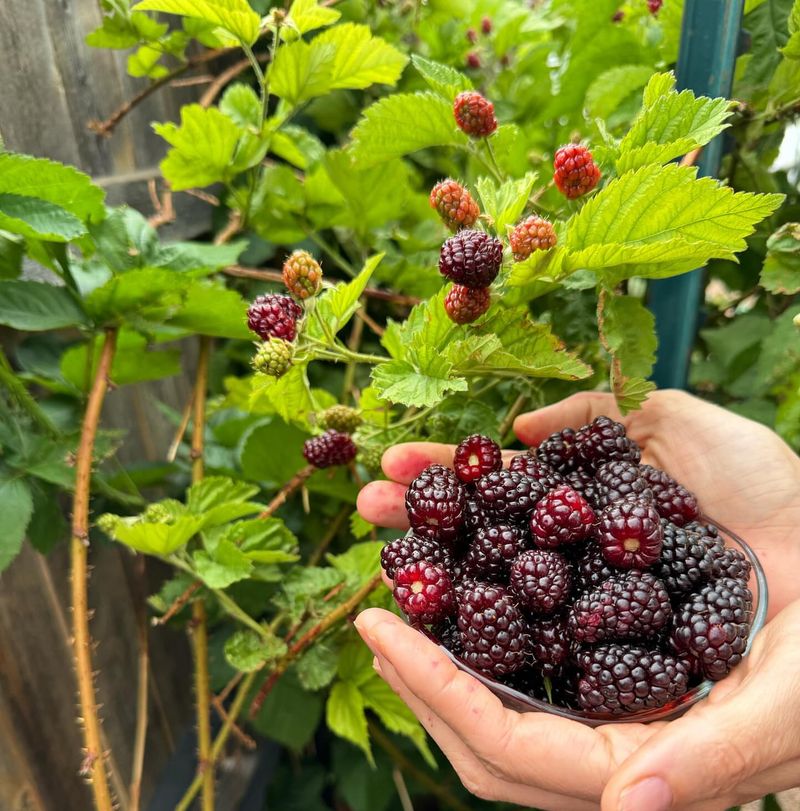
Tennessee’s hillsides naturally host wild blackberries, and you can grow your own from seed. Extract seeds from locally grown berries in late summer and plant right away in small pots with acidic soil mix.
Keep pots outdoors through fall and winter in a sheltered spot. The natural cold period breaks seed dormancy naturally, no special treatment needed!
Seedling blackberries typically fruit in their second year, producing thorny canes loaded with juicy berries. Each seed-grown plant offers slightly different berry flavors – nature’s way of keeping things interesting!
9. Maypop Passion Fruit – Tennessee Native
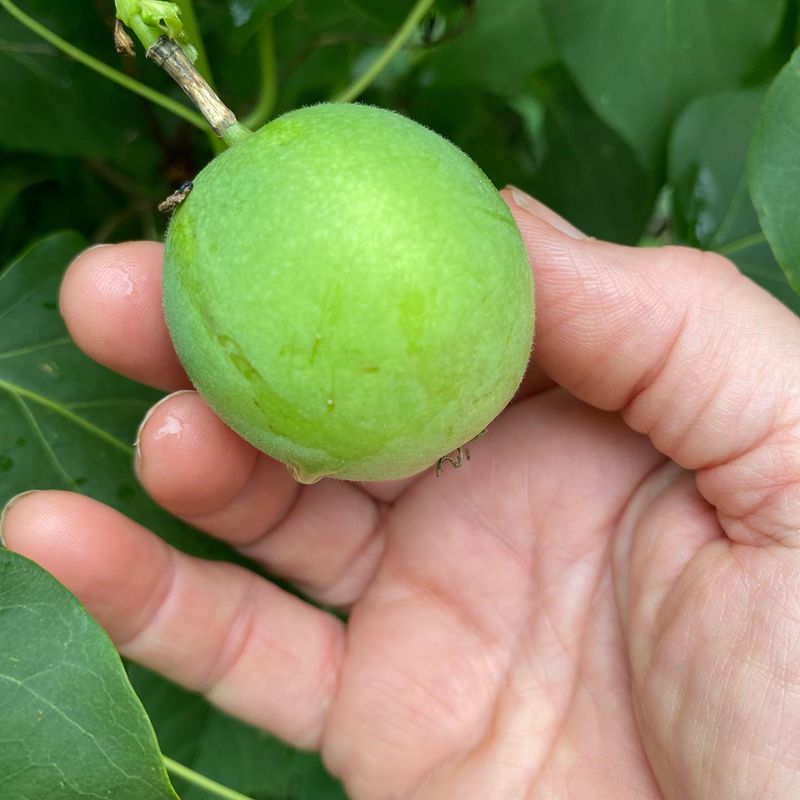
Few gardeners realize Tennessee has its own native passion fruit! Maypop seeds collected from wild vines plant beautifully in early fall. Clean seeds thoroughly and plant half-inch deep in well-draining soil.
Place containers outdoors where they’ll receive natural winter chill. These seeds naturally stratify during winter months and sprout vigorously come spring.
Maypop vines grow rapidly, producing exotic purple flowers that attract butterflies and egg-shaped fruits with tropical flavor. The Tennessee native passion fruit tolerates poor soil and rewards minimal care with maximum beauty.
10. Autumn Olive – Silver-Leafed Survivor
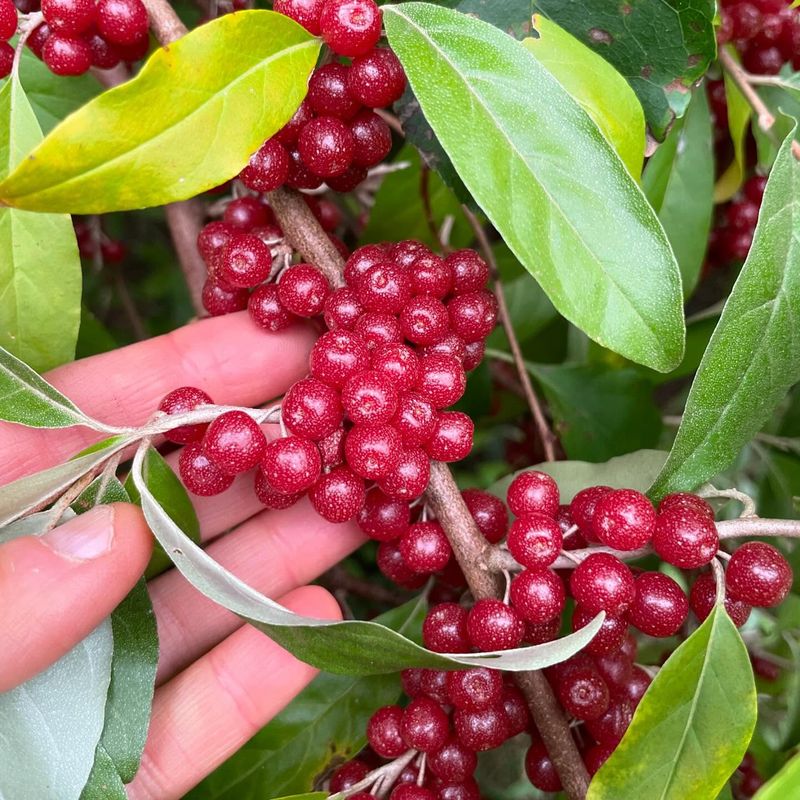
Despite being considered invasive in some areas, autumn olive produces nutritious berries high in lycopene. Seeds need cold stratification, making early Tennessee fall perfect for planting.
Collect ripe red berries, extract seeds, and plant immediately quarter-inch deep in containers. Keep outdoors through winter where they’ll experience natural freezing and thawing cycles.
Seedlings emerge in spring, growing into drought-tolerant shrubs with silvery foliage and ruby berries that ripen in early fall. The tart-sweet fruits make exceptional jams that brighten winter pantries with summer sunshine.

